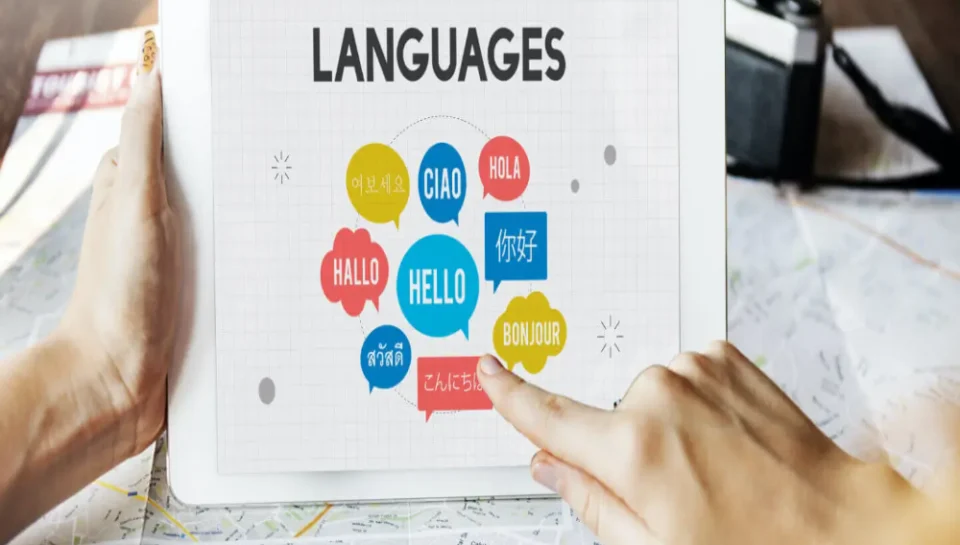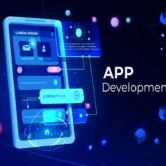
Define the need for multi-language support in app management in Tamil Nadu.
Introduction
In the multilingual landscape of India, Tamil Nadu stands out as a state with a deeply rooted linguistic identity and a strong preference for the Tamil language in daily communication, governance, and education. As the state experiences a surge in digital adoption, from urban smart cities to rural e-governance projects, the need for inclusive digital platforms becomes critical. In this context, app management strategies must prioritize multi-language support to reach a diverse user base, eliminate digital barriers, and enhance user experience. Offering applications in both Tamil and English—or even more regional variants—ensures accessibility, increases engagement, and aligns with socio-cultural expectations. Multi-language support is not merely a feature; it is a necessity for effective app management in Tamil Nadu’s evolving digital economy.
Bridging the digital literacy gap
Many users in Tamil Nadu, especially from semi-urban and rural regions, are more comfortable interacting in Tamil than in English. Multi-language support helps bridge the digital literacy gap by offering user interfaces, instructions, alerts, and forms in the local language. This inclusive approach empowers first-time users, senior citizens, and low-literate communities to access services and perform tasks without confusion. By addressing language barriers, app managers can increase user onboarding, retention, and overall digital participation across all demographic segments.
Enhancing user trust and comfort
Language is deeply tied to user identity and comfort. Apps that communicate in Tamil foster a sense of belonging and familiarity, which in turn builds trust. Whether it’s a healthcare app offering vaccination updates or a payment app facilitating financial transactions, users are more likely to trust platforms that “speak their language.” For app managers, incorporating Tamil as a core language in the UI/UX experience is an effective way to improve satisfaction, reduce drop-off rates, and drive long-term user loyalty.
Supporting government and public sector applications
Tamil Nadu’s government, through platforms like TNeGA and TN eSevai, has actively digitized citizen services ranging from certificates to grievance redressal. These apps are expected to be accessible to all citizens regardless of linguistic background. App management teams working on public sector solutions must ensure that Tamil is the default language, with toggles for English and possibly other Indian languages. Multi-language support in these apps ensures compliance with state policies and extends the benefits of digital governance to every citizen in the state.
Expanding reach in business and e-commerce apps
Businesses and e-commerce platforms targeting Tamil Nadu’s vast consumer base can benefit significantly from multi-language capabilities. App managers who integrate Tamil-language support in product catalogs, customer service chat, and checkout flows see higher engagement and conversion rates. Whether it’s a local Kirana app or a major food delivery platform, speaking the customer’s language improves communication, reduces misinterpretation, and enhances the buying experience. It also supports localized marketing campaigns and loyalty programs.
Improving accessibility in education and health apps
Apps related to learning and health play a crucial role in social development. In Tamil Nadu, many users prefer studying in Tamil medium, especially in rural and government school environments. Multi-language support in edtech and healthtech apps ensures that educational content, symptom checkers, and instructional videos are understood clearly. App managers should consider dual-language toggle options, voice-based translations, and regional dialects to cater to wider audiences. This strategy supports inclusive growth and digital empowerment.
Reducing support and training costs
When apps offer clear, native-language instructions, the dependency on human support or training drastically reduces. For organizations and government agencies deploying digital platforms at scale in Tamil Nadu, multi-language support helps minimize helpline traffic and onboarding sessions. App managers can also embed Tamil FAQs, tutorial videos, and chatbot responses to provide round-the-clock assistance in the local language. These measures reduce operational overhead while delivering a seamless support experience.
Strengthening app adoption in rural regions
Tamil Nadu’s rural regions are rapidly adopting mobile applications for farming, education, banking, and government schemes. However, English-based interfaces often act as barriers. Multi-language support enables app managers to unlock this massive user base by creating an interface that reflects the cultural and linguistic context of the region. With localized content, rural users feel empowered and included, increasing the success rate of app adoption and utilization in remote areas.
Meeting regulatory and policy expectations
Both the Government of Tamil Nadu and the Government of India promote language diversity in digital service delivery. As part of Digital India and regional e-Governance frameworks, apps offering public utility functions are encouraged—if not mandated—to provide content in regional languages. App managers must align their language support strategies with these directives to ensure policy compliance, qualify for government partnerships, and meet public procurement standards. Ignoring this requirement can result in disqualification from government initiatives or user backlash.
Boosting analytics and personalization
Multi-language support allows app managers to collect language-specific usage analytics, which can be used for targeted personalization. Understanding which language is used in specific regions helps product teams adapt marketing messages, interface layouts, and content offerings. For example, push notifications can be sent in Tamil for certain districts and English in urban areas based on user preferences. This micro-personalization improves relevance, engagement, and return on investment in feature development.
Conclusion
Multi-language support is a critical pillar of app management in Tamil Nadu’s digital journey. It enables inclusive access, fosters cultural sensitivity, and enhances user engagement across all social and economic classes. Whether in governance, business, education, or health, applications that support Tamil along with English—and adapt to user preferences—are far more likely to succeed and scale. For app managers, integrating language support is not a one-time task but a continuous commitment to serving diverse audiences with empathy and intelligence. As Tamil Nadu continues to lead in digital adoption, multi-language support will define the effectiveness, reach, and relevance of every application in this vibrant state.
Hashtags
#MultiLanguageSupport #AppManagementTN #TamilLanguageApps #InclusiveTechnology #DigitalTamilNadu #LocalizationStrategy #eGovernanceApps #TamilUX #UserEngagement #RuralTechIndia #MobileAppsIndia #TamilAppDesign #EdtechTamil #HealthtechTamilNadu #RegionalLanguageSupport #LanguageAccessibility #SmartCityTN #DigitalInclusion #UIUXLocalization #TamilFirstDesign #AppAdoptionTN #TechForAll #LanguageDrivenUX #ITStrategyIndia #MobileFirstTamilNadu





